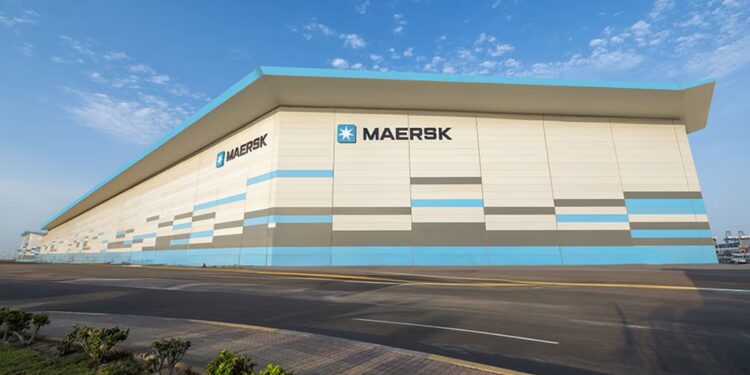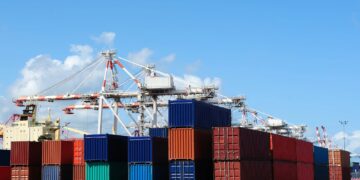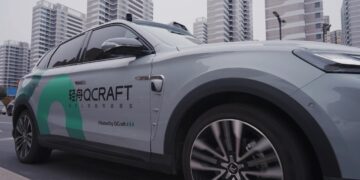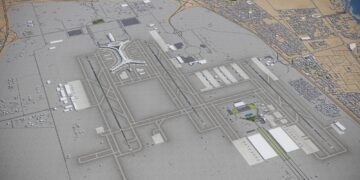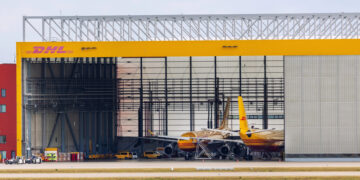A.P. Moller – Maersk and Unilever have launched an electric van pilot in Saudi Arabia to advance low‑emission logistics and support national sustainability objectives. The move is positioned as a practical step toward decarbonising road transport, with both companies expanding collaboration to scale clean operations.
Goals and global progress
Maersk is pursuing net zero greenhouse gas emissions by 2040, backed by new vessels, technology, and lower‑emission fuels, according to the company. It already offers low‑emission trucking in more than 14 countries, including Chile, the United States, China, and India, according to Maersk.
Unilever targets net zero across its value chain by 2039 and plans to cut logistics emissions by up to 50% by 2030, according to the company. Both firms prioritize electrification and integrated sustainability across their networks.
Saudi operations and infrastructure
In Saudi Arabia, the partners are coordinating infrastructure, stakeholder engagement, and operations to enable wider EV deployment. As charging networks grow, more electric trucks are expected to replace diesel models, according to Maersk.
The first electric van in this program will serve the BinDawoof Group, a key Unilever retail partner, covering up to 3,500 km per month within a 50 km radius, according to Maersk and Unilever. Their warehouses are now co-located at Maersk’s Logistics Park in Jeddah, delivering a 5% emissions reduction from consolidated operations, according to the companies.
The Jeddah facility features a 64,000 sqm rooftop solar array and a high‑efficiency cooling system using ammonia and seawater instead of potable water, according to Maersk. The partners say this integrated setup demonstrates how clean energy and smarter design can cut operational emissions.
Alignment with Saudi Vision 2030 and next steps
Saudi Vision 2030 targets include reducing carbon emissions by 278 million tonnes annually and generating 50% of energy from renewable sources, according to the Government of Saudi Arabia’s Vision 2030 framework. Expanding electric vehicles is cited as a critical enabler of these goals.
Unilever notes that pairing the electric van with solar‑based charging can practically eliminate tailpipe emissions compared with a diesel truck, according to the company. Both partners intend to grow electric fleets in the Kingdom and explore additional solutions such as solar‑powered warehousing and intermodal transport.
Together, Maersk and Unilever frame this deployment as an early building block toward large‑scale decarbonisation in the region—designed to improve efficiency, cut emissions, and deliver greater value across the supply chain.
